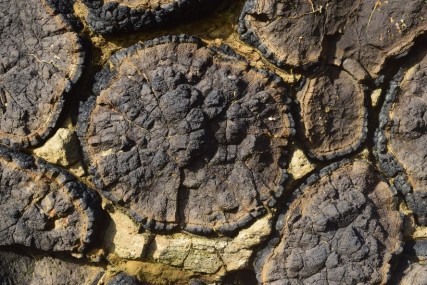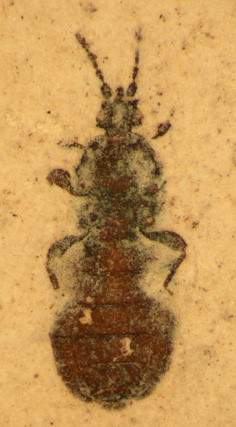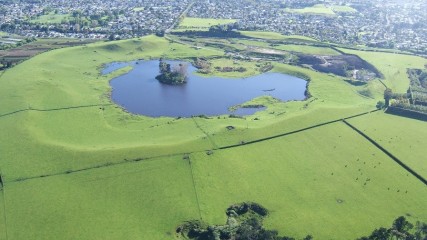New Zealand Geopreservation Inventory
New web site promotes protection of New Zealand’s amazing natural features
PRESS RELEASE
A new website aimed at assisting local and regional councils identify and protect our irreplaceable geoheritage, has been launched this week by the Geoscience Society of New Zealand. The new site presents the New Zealand Geopreservation Inventory which shows the location and mapped extent of 3200 outstanding geological sites and landforms throughout the country. The site outlines the significance and other information about each site. Photos are also provided for many of the sites.
“New Zealand’s geoheritage is the poor cousin of biotic and historic heritage when it comes to its level of protection throughout the country”, said Geopreservation Inventory convenor Dr Bruce Hayward. “For the past 30 years, District Schemes have been required to identify their outstanding natural features so they can be protected from adverse effects of various developments, but many Councils still do not know what or where they are,” he said. “Some Councils, like those in Northland and Auckland have schedules of their geoheritage sites and are doing well in planning for their protection, but the same is not true in many other regions.”
“If Dunedin Council had a schedule of Outstanding Natural Geoheritage Features several years ago, they would have known about the internationally significant fossils in Foulden Maar and the major furore over its proposed quarrying for a stock food additive would never have occurred. If the company proposing that development had known of its outstanding heritage values at the start, they would never have spent vast amounts planning the operation, before pulling out.”
President of the Geoscience Society of New Zealand, Dr Kat Holt, said, "The New Zealand Geopreservation Inventory has been compiled over the past 35 years, through the voluntary provision of information by scores of the society’s professional members. Now. with this new GIS website, there should be no excuse for people not knowing where these amazing places are but also why they are such a significant part of New Zealand’s 500-million-year history.”
Last month international experts from UNESCO visited New Zealand to assess the proposal for the establishment of a Waitaki Whitestone Global Geopark centred around Oamaru. Much of the Geopark proposal is based on the long-term protection and celebration of a suite of 47 geoheritage sites, like Moeraki Boulders, Clay Cliffs, whale fossil sites and Oamaru pillow lavas. “This is an example of one Council recognising the geoheritage it is custodian of in its district and setting out to not only better protect it but also use it to attract tourists through international accreditation,” said Dr Hayward.

Oamaru pillow lava is an outstanding geoheritage feature included in the Waitaki Whitestone Global Geopark proposal.

Amazingly well-preserved fossil insect from outstanding geoheritage site Foulden Maar, Otago.

Crater Hill is an outstanding volcanic crater and crater lake that the Auckland Unitary Plan recently prevented from becoming the site of a housing subdivision.
